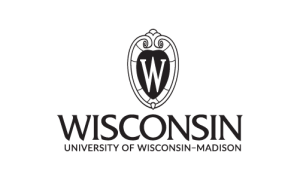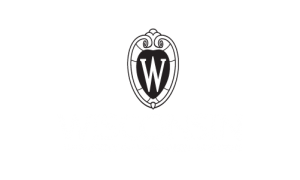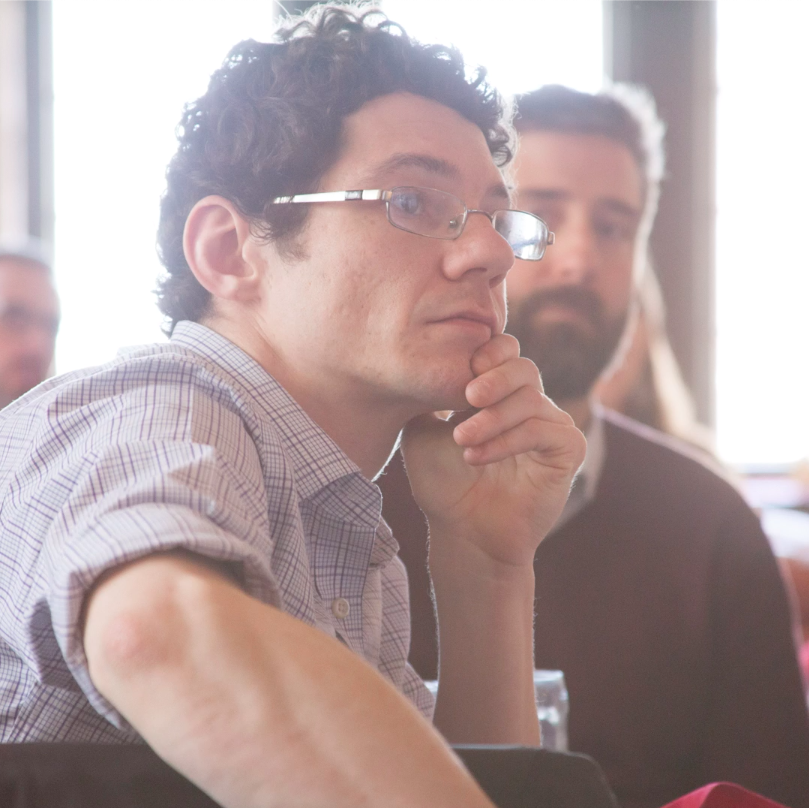The Politics of Contention Symposium
Communication, Populism, and the Crisis of Democracy
The 2020 Project was informed by the theoretical and empirical perspectives shared by visiting scholars on Day 1, which were then synthesized into “Concepts and Themes at the Intersection of Communication, Populism, and Democracy” by Lewis Friedland.
Chris Wells next gave an “Overview of the Wisconsin Project,” followed by Mike Wagner’s talk on “Major Themes: Medium and Messaging,” and then Chris Wells returning to close out the session with a talk on “Layers of the Communication Ecology.” These talks attempted to introduce visitors to the larger communication ecology and contention politics project and seek feedback on future directions.
The 2020 Project feedback continued in Session 2, with Chris Wells leading the group through a “Discussion of Core Concepts, Questions and Directions.”
SESSION 1
Communication Ecologies and Political Contention
SESSION 2
Discussion of Core Concepts, Questions, and Directions
2020 Project – Session 1
Lewis Friedland
Concepts and Themes at the Intersection of Communication, Populism, and Democracy
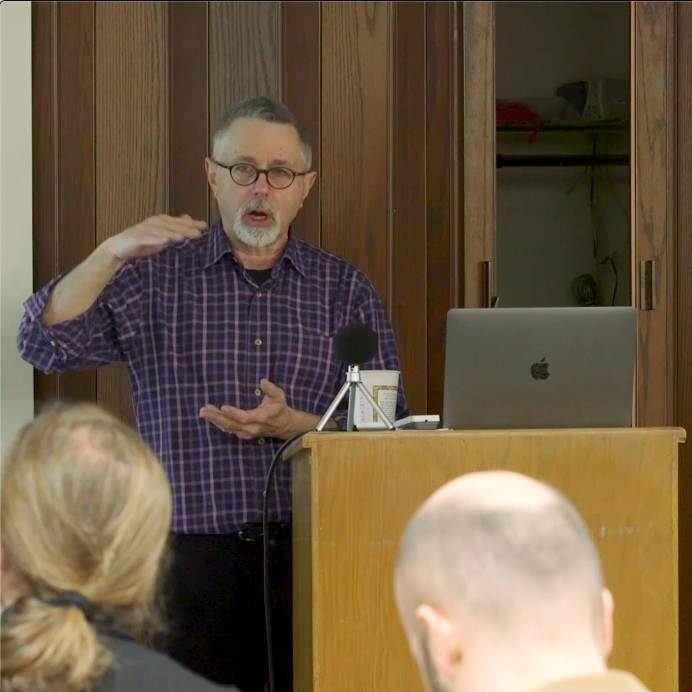
Chris Wells
Overview of the Wisconsin Project [00:41:00 mins] Major Themes: Medium
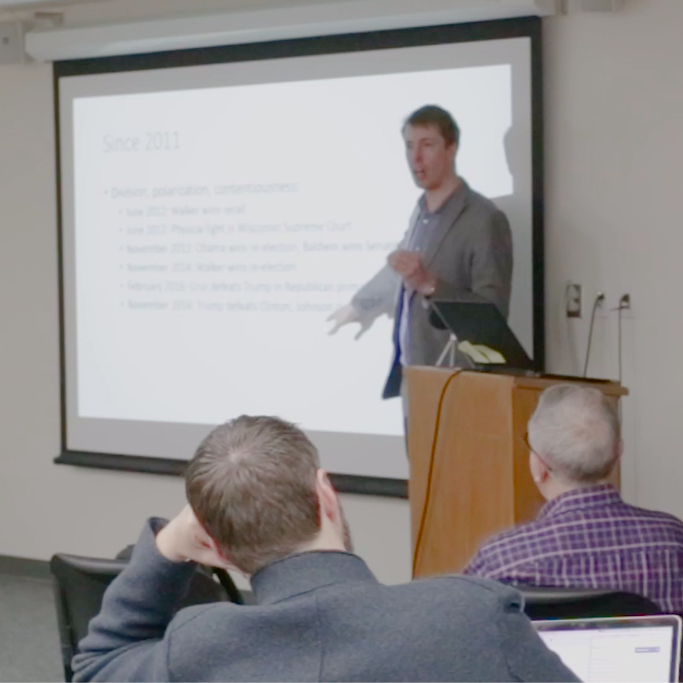
Mike Wagner
Major Themes: Medium and Messaging [01:17:00 min] Medium and Messaging
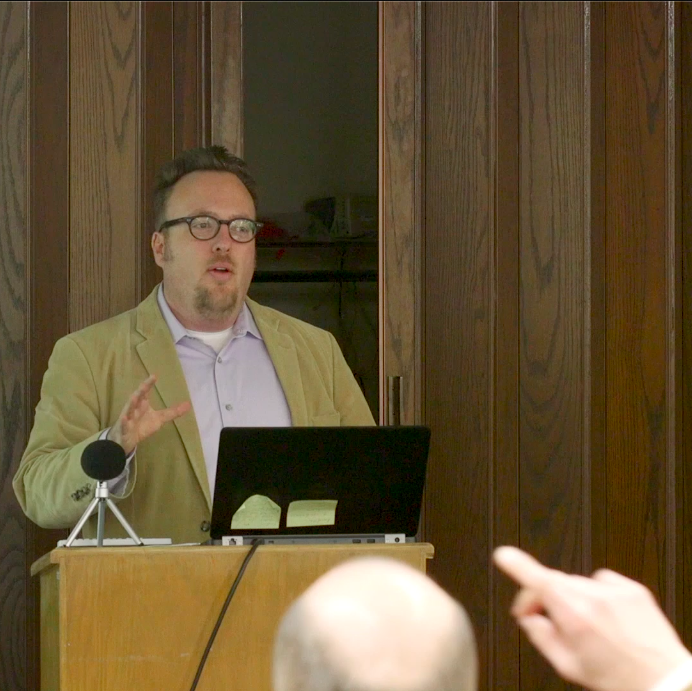
Chris Wells
Layers of the Communication Ecology [01:52:38 mins]Medium and Messaging
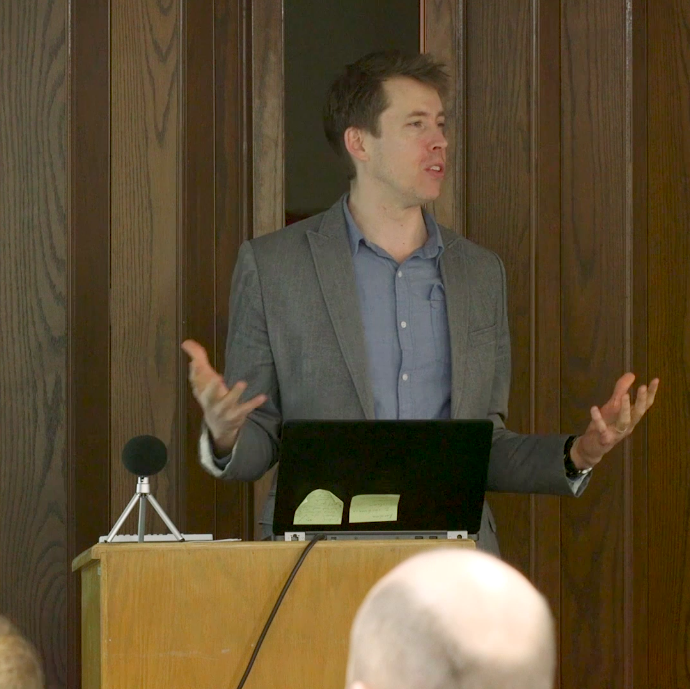
2020 Project:
-
Session One
Communication Ecologies and Political Contention
-
Lew Friedland
Concepts and Themes at the Intersection of Communication, Populism, and Democracy
-
Chris Wells
Overview of the Wisconsin Project [00:41:00 mins]
-
Mike Wagner
Major Themes: Medium and Messaging [01:17:00 min]
-
Chris Wells
Layers of the Communication Ecology [01:52:38 mins]
-
Session Two
Discussion of Core Concepts, Questions and Directions [01:59:04 mins]
2020 Project – Session 2
Chris Wells
Discussion of Core Concepts, Questions and Directions Moving Forward [01:59:04 mins]
